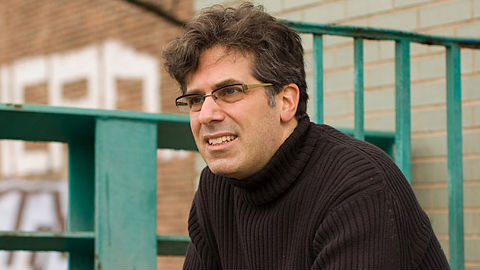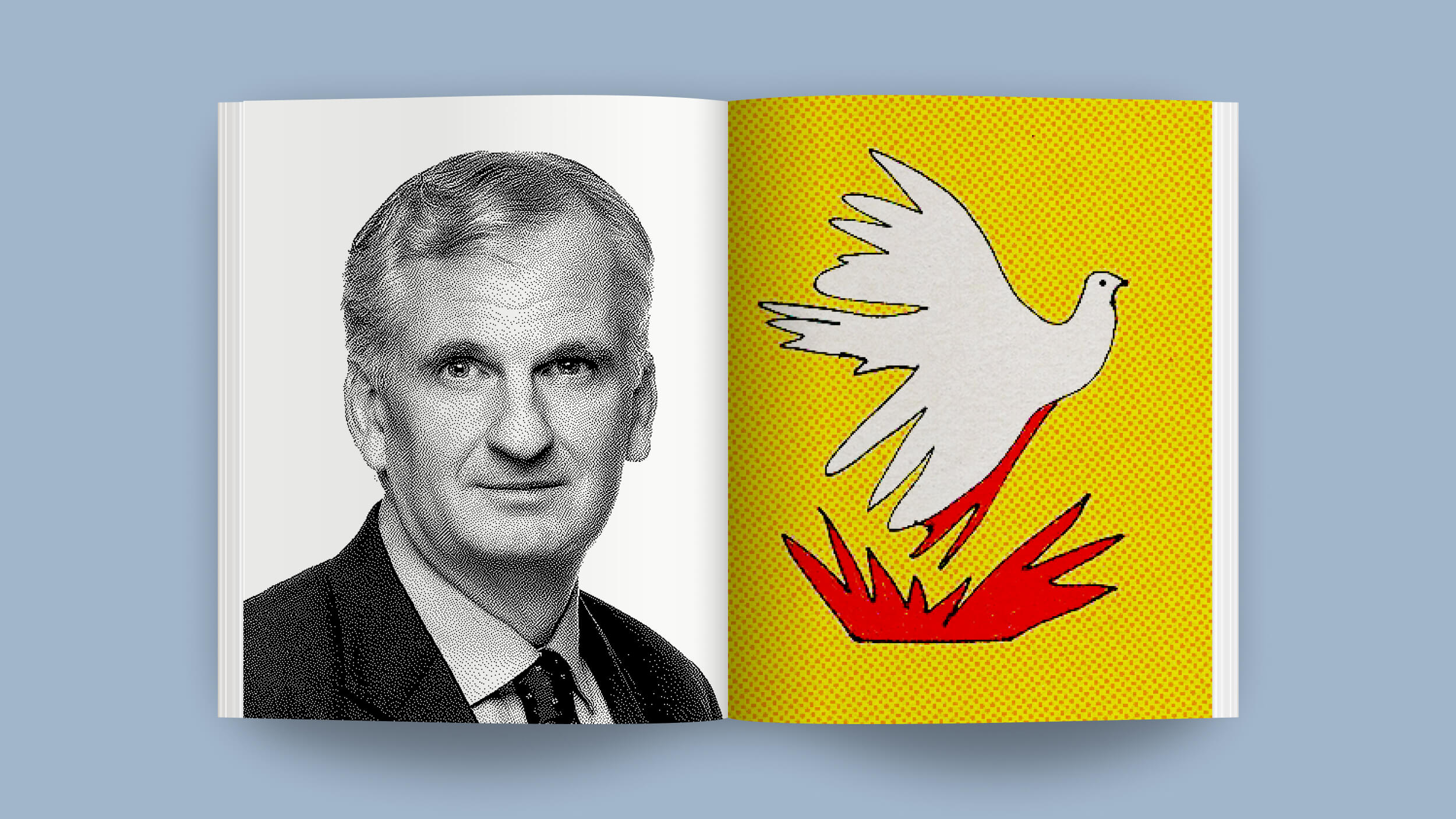Jonathan Lethem: I Thought I Was a Hipster

Nostalgia is dangerous, says novelist Jonathan Lethem: “There is a hugely bogus script that things fall into in American cultural life—that just before we arrived it was all perfect; things were great; it was golden time and we have to fight to get back to that perfect, simple place.”
In his Big Think interview, Lethem (pronounced with a long e, as in “lethal”) says that by documenting his hometown Brooklyn in his novels, he both explores and exposes this longing for lost utopias. “I think if I wasn’t exemplifying it, if I wasn’t susceptible to it, I wouldn’t have the same insights I do into how treacherous it is,” he tells us. The world may be heading in the wrong direction; in fact, there are plenty of things we’re ruining all the time, he says. “But that’s not to say that there was this sanctuary, this moment in the past that we should be so self-reproachingly trying to reconstruct.” That said, one of Lethem’s favorite neighborhoods in New York is Inwood, in Manhattan, which he says is most similar to the Brooklyn in which he grew up in the 1970s.
Lethem’s championing of Brooklyn has earned him a following among the “hipster” set. When asked about hipsters, he tells us that the term sounded sort of attractive when he first heard it. “I thought, yeah, I guess that is sort of my culture; those are my people. And I was just about able to go on thinking that it was a perfectly nice thing to be until someone pointed out to me or it finally sank in that it was meant contemptuously.” Now he says, he considers it a self-loathing term, and tries to avoid it as much as possible.
Lethem also sees a similar type of self-loathing in people who ask him to defend pop culture. He has written extensively about things that might be considered déclassé by high-art types, and the people who question him about them often secretly love these pop culture artifacts but don’t feel good about loving them. “They were sort of simultaneously hoping I would make them feel better about what they liked and daring me to make an ass of myself defending things that at some other level of their being they thought were indefensible.” But Lethem does consider himself a champion of “vernacular culture”—moments of expressivity which lack any self-awareness of being Art. He considers YouTube to be the new home of these vernacular moments.
We managed to catch Lethem during a brief stop in New York on his way to the west coast where he will begin teaching creative writing at Pomona college. Gearing up for this new position, Lethem offered us a sneak preview of his advice for young writers—free of charge! He also lapsed into professor mode to discuss the history of the novel and its resistance to the demands of “elite, sanctified cultural authority.” Lethem also gave a fascinating discussion about the detective motif in film and literature, explaining that film noir is “a translation of the nightmare of the 20th century into the suburban, optimistic, manifest destiny American dream of the peacetime ‘50s.” We needed film noir to express the irreconcilability of these two narratives, he explains.





